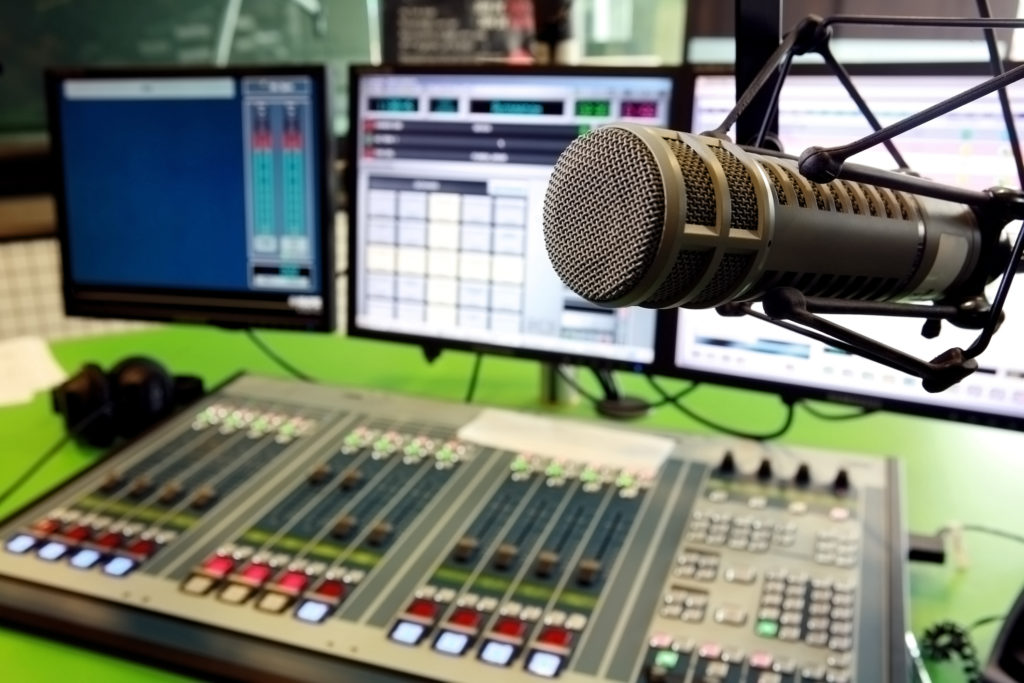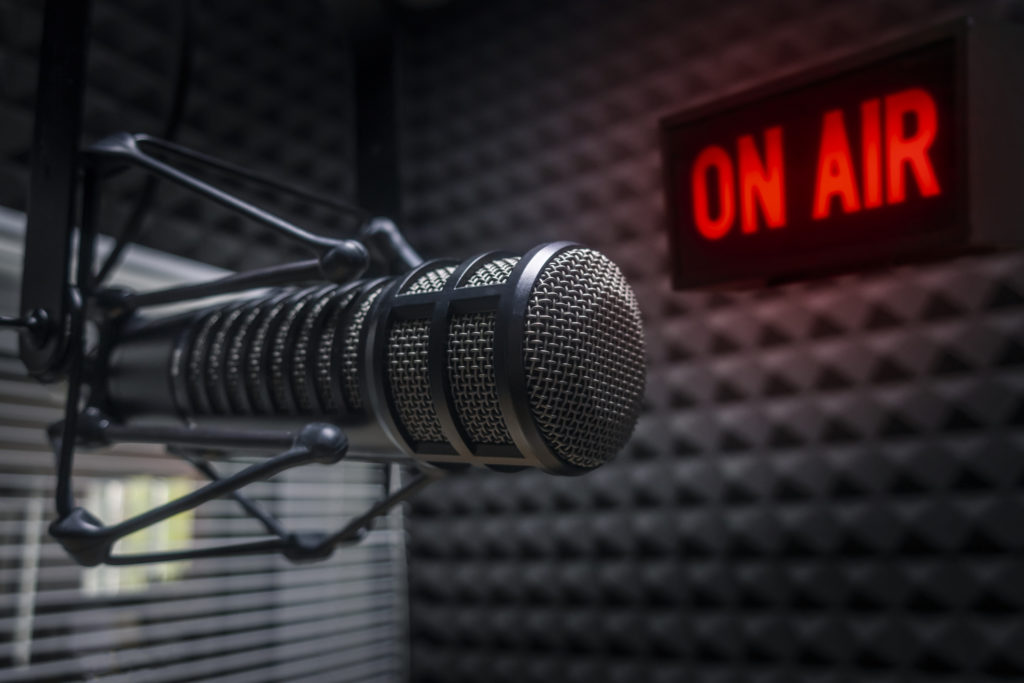Protect Local Radio
Local radio is an essential part of every community. We tune in at home or in the car to hear familiar voices talk about what matters to the people living in our towns and our neighborhoods. Local radio means programming decisions made by people with ties to the listeners they serve, rather than by executives at broadcasting conglomerates based on profitability.

Local radio gives all of us a voice, but now that voice is threatened. The National Association of Broadcasters is lobbying the Trump administration to weaken the Local Radio Station Ownership Rule. If they’re successful, huge broadcast companies will be able to own even more radio stations. In smaller markets, individual broadcasters will get bigger as well, with one company potentially owning all radio stations, deciding unilaterally what content listeners hear and severely harming local radio. We want to protect competition, preserve local programming and continue to expand diversity in radio. We have to tell the Federal Communications Commission to Keep Local Radio Local.
Broadcasters looking to get bigger aren’t concerned about small markets becoming monopolies, in fact they’re all for it. They aren’t worried that local programs for local audiences will sign off forever, replaced by whatever is most cost efficient. They’re fine with a world where a diverse set of voices, perspectives and programming is driven off the radio dial.
These broadcasters’ desired outcome is unacceptable for the millions of Americans who listen to local radio.
Diversity
Radio has always been a source of diverse perspectives, voices, opinions and music. In most markets, as you scan up and down the dial, you’ll find a variety of content from a number of different sources. This environment creates opportunities for listeners to experience different artists, different points of view and different programming styles that they otherwise wouldn’t have access to – the kind of programming that will disappear if one entity owned every station in a single market.

If the Radio Station Ownership Rules are weakened, the impact will be disproportionately shouldered by certain groups. As broadcasters grow in smaller markets and crowd out or absorb their competitors, there will be fewer minority-owned and managed stations. Programming for smaller or marginalized communities will be swept away in favor of more cost-efficient formats. For minority artists, some of whom are already facing an uphill battle for airplay within their genre, things aren’t going to get easier when entire markets are owned by one entity.
Radio should be a place to celebrate the things that make communities unique and special. We can’t allow the FCC to create a situation where diversity is driven off the dial.
Localism
The best thing about local radio is that it’s local. Under the best circumstances, people who own and run the stations live in the communities they serve. They know what their listeners want because their listeners are their friends and neighbors. They understand why certain things are important even if they aren’t what’s best for the bottom line.

When owners and managers and the people making decisions about programing have real ties to the listeners in their community, they can, and do, provide a better product.
Broadcasters looking to get bigger want us to think they’re looking out for smaller, local stations. They’re not. If the FCC weakens the Local Radio Station Ownership Rules, truly local radio stations that deliver programing that matters to our communities will be a thing of the past.
Competition
There’s no competition in a monopoly. If the Local Radio Station Ownership Rules are relaxed, local stations will be crowded out or bought up by bigger broadcasters. Every market in the country will be impacted. For those in the top 75 radio markets, more consolidation means fewer choices. The biggest ownership groups will control more stations in the biggest markets in the country. In every market below the top 75, the situation is more serious.

If the FCC were to bend to the will of the NAB, there would be no limit on how many stations one entity could own. That may lead to markets where every station is owned by one broadcaster. It may not seem like such a big deal if one company owns all the stations in Grand Forks, ranked 268th nationwide, but if you live in Grand Forks and one company gets to control everything you can hear on the radio from songs, to news to outside perspectives and voices, it’s a very big deal, and it could happen all across the country.
About the Coalition
Keep Local Radio Local (KLRL) is a joint effort of the Future of Music Coalition and the musicFIRST Coalition, created to help protect the future of local radio and ensure that the millions of Americans who listen to local radio don’t see their local stations disappear.
- musicFIRST: musicFIRST works to ensure music creators get fair pay for their work on all platforms and wherever and however it is played. We rally the people and organizations who make and love music to end the broken status quo that allows AM/FM to use any song ever recorded without paying its performers a dime. And to stand up for fair pay on digital radio — and whatever comes next.
- Future of Music Coalition (FMC) is a Washington D.C.-based nonprofit organization supporting a musical ecosystem where artists flourish and are compensated fairly and transparently for their work.